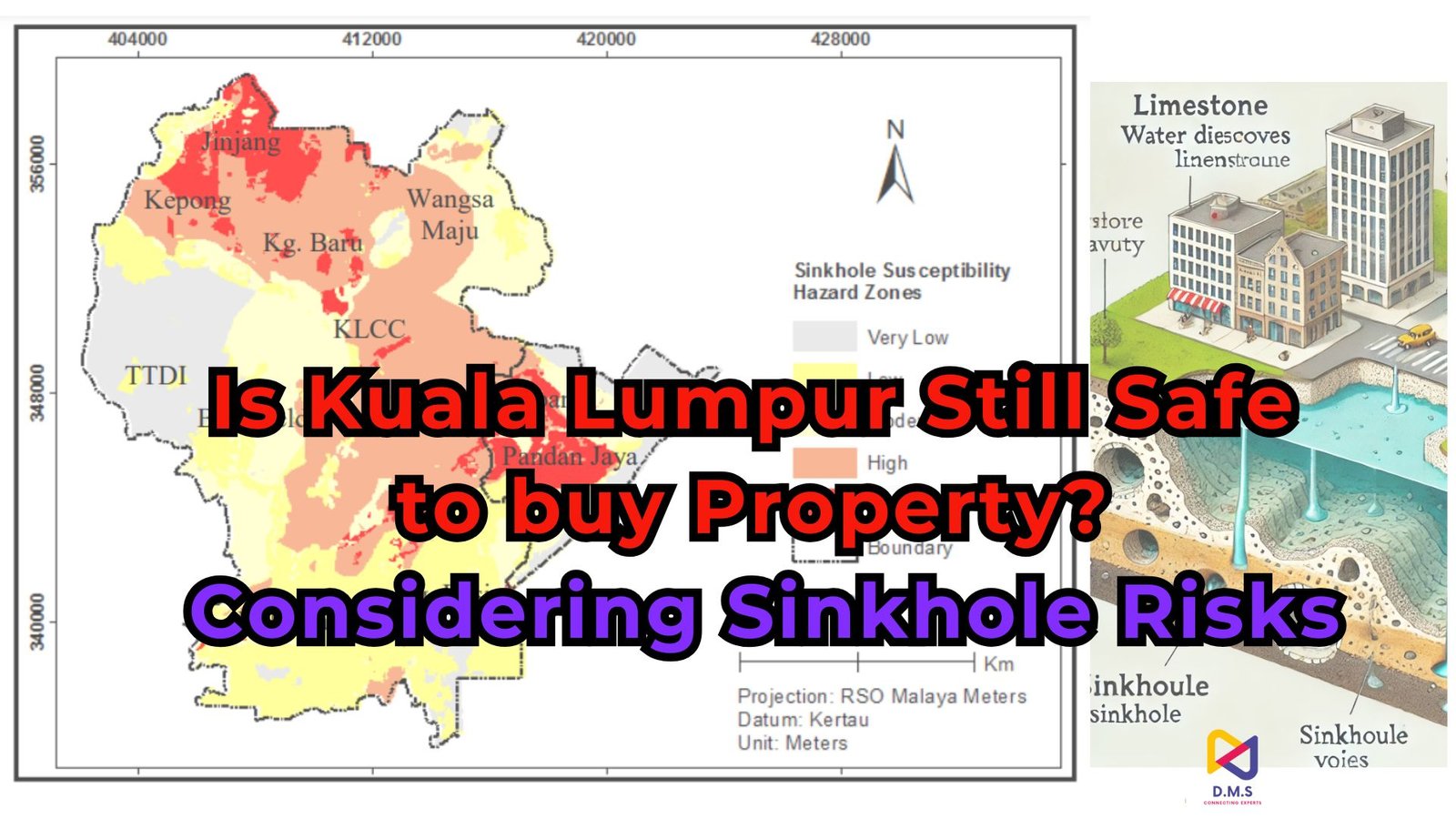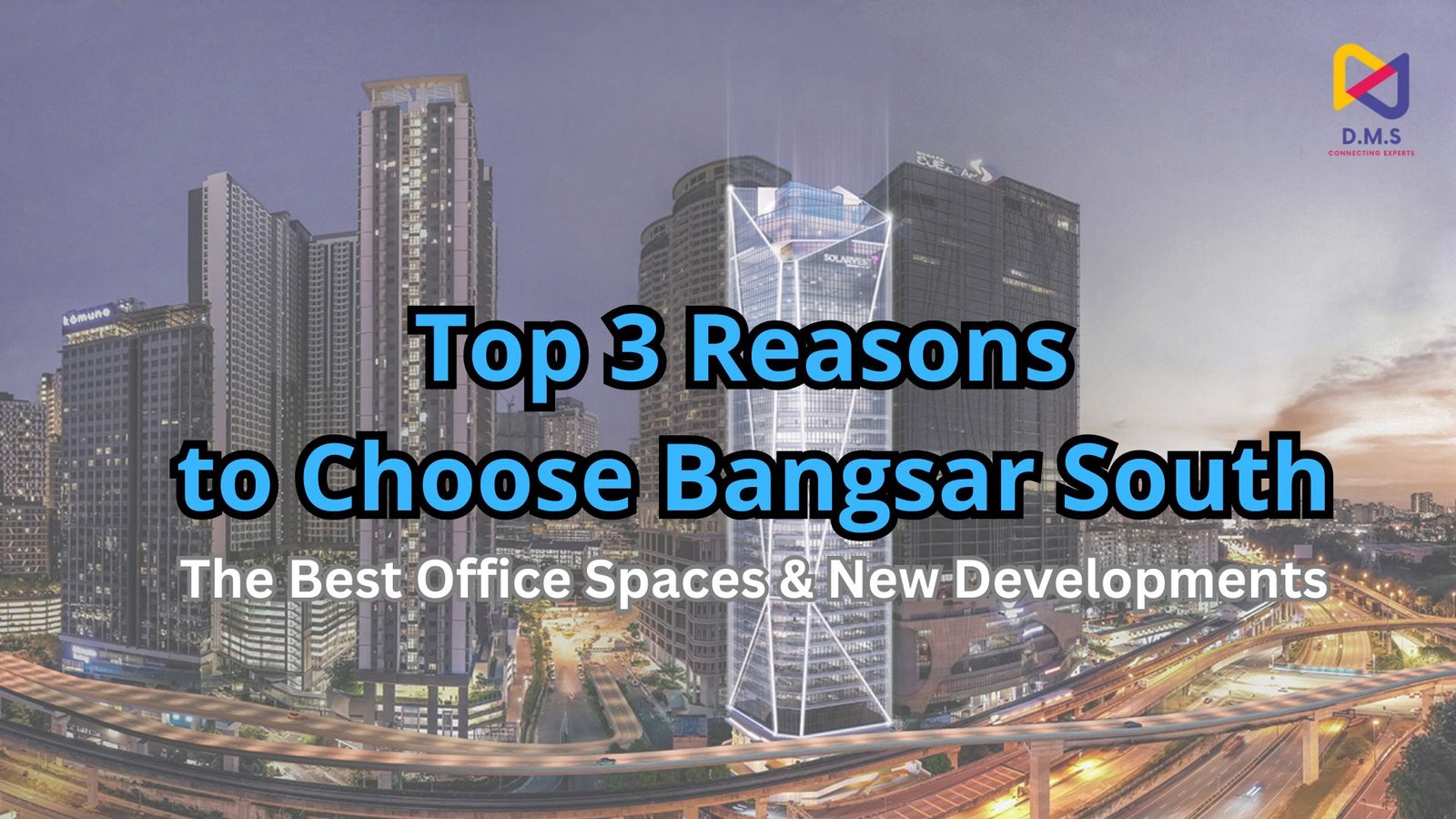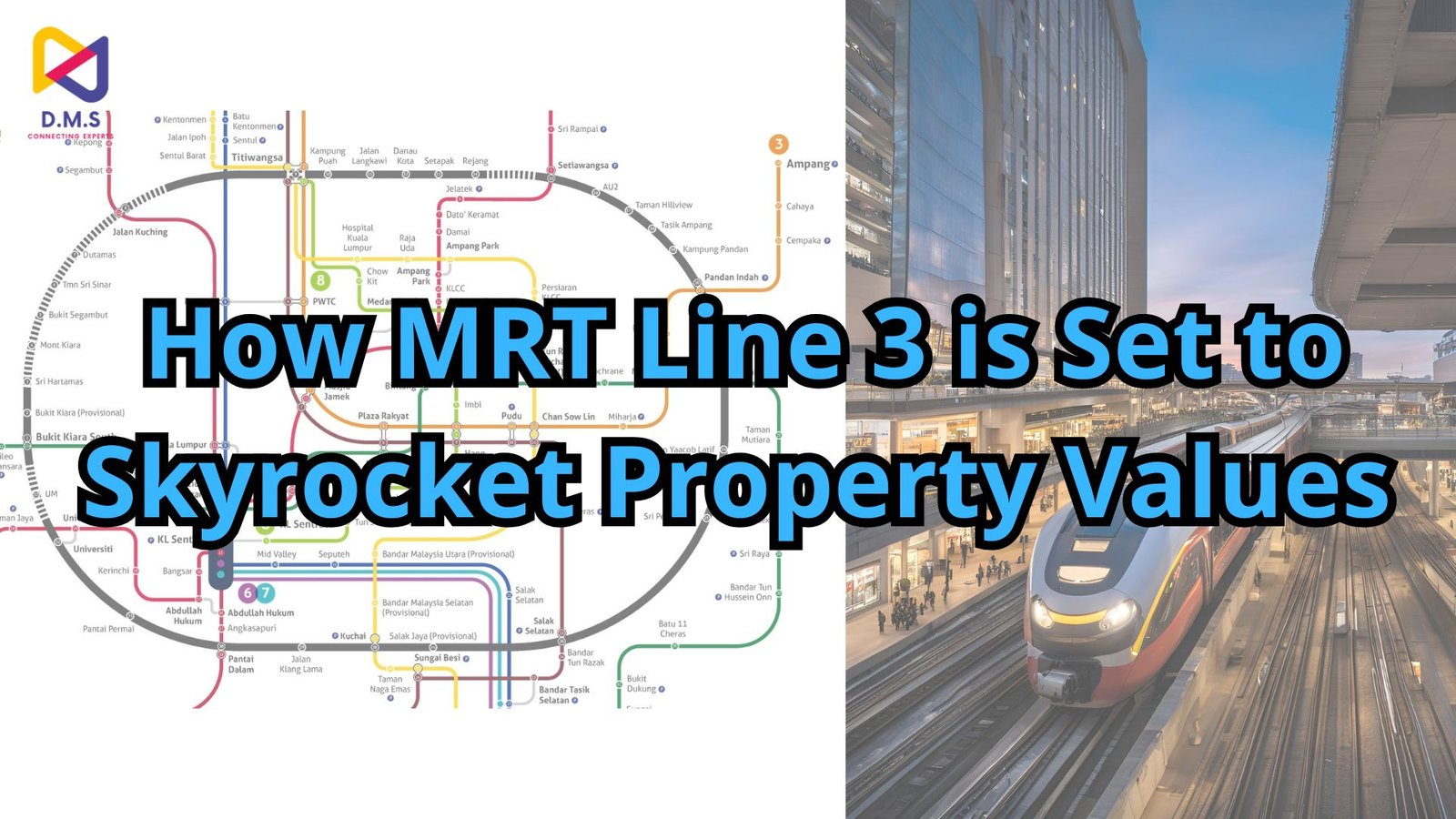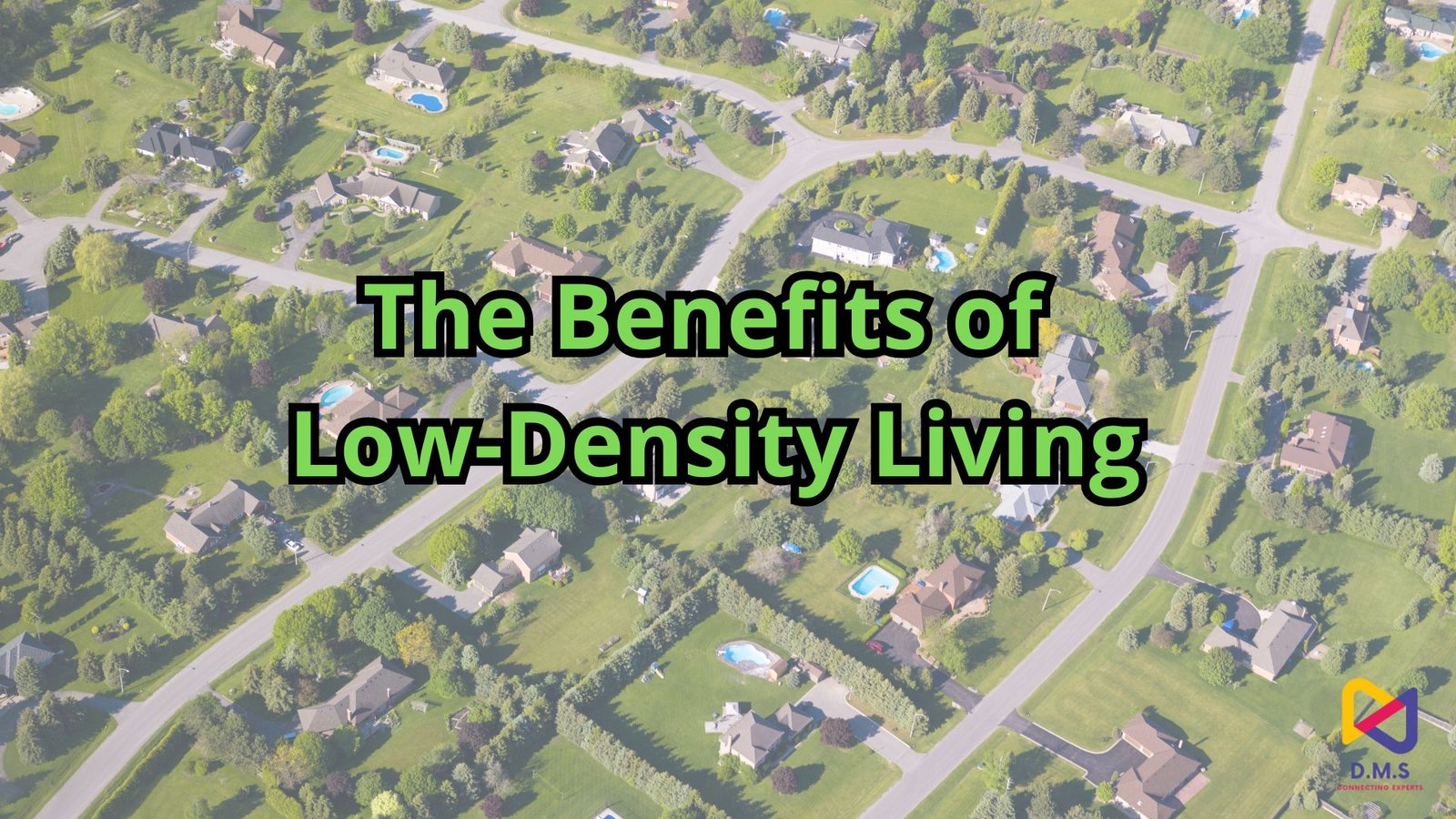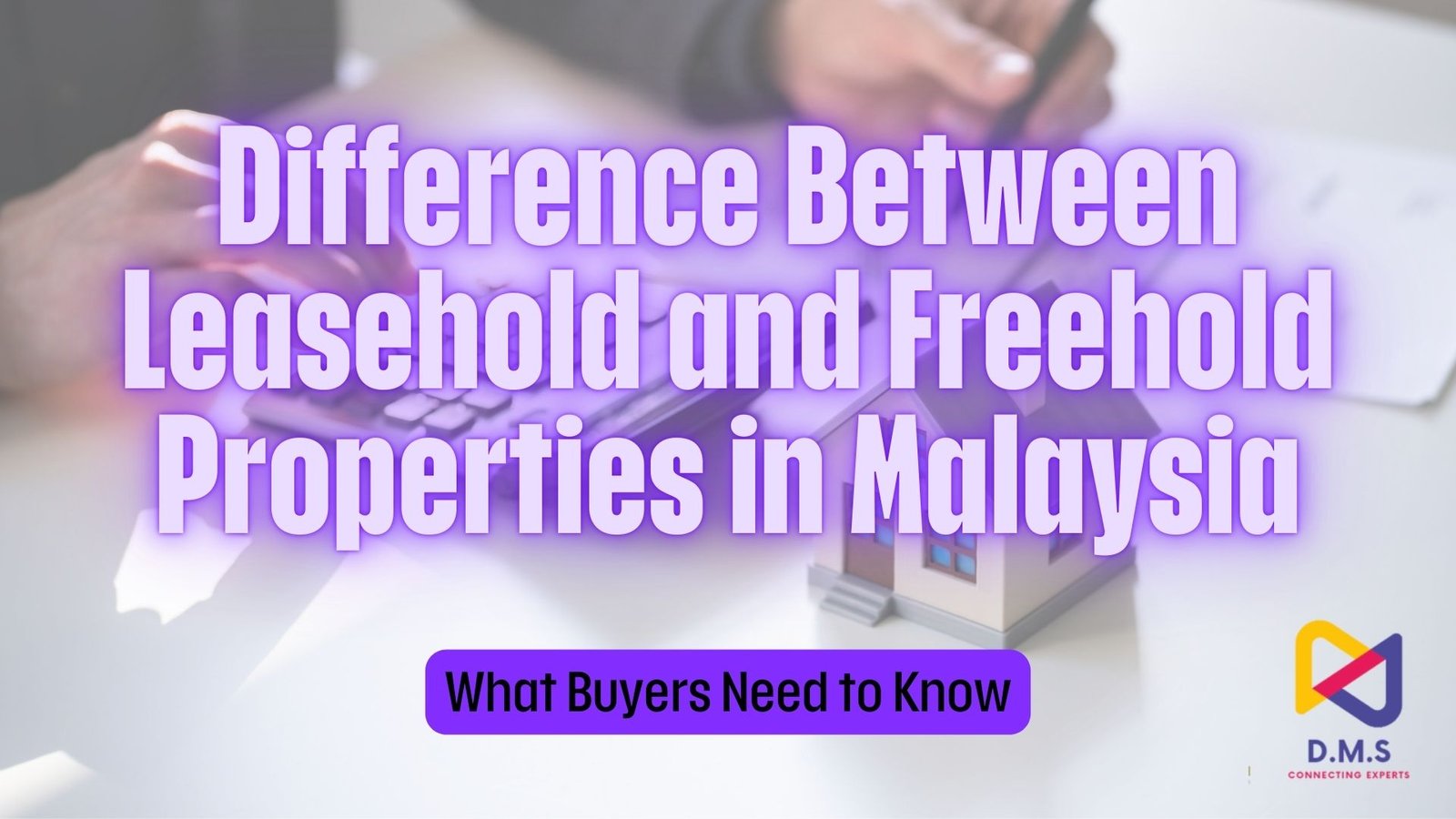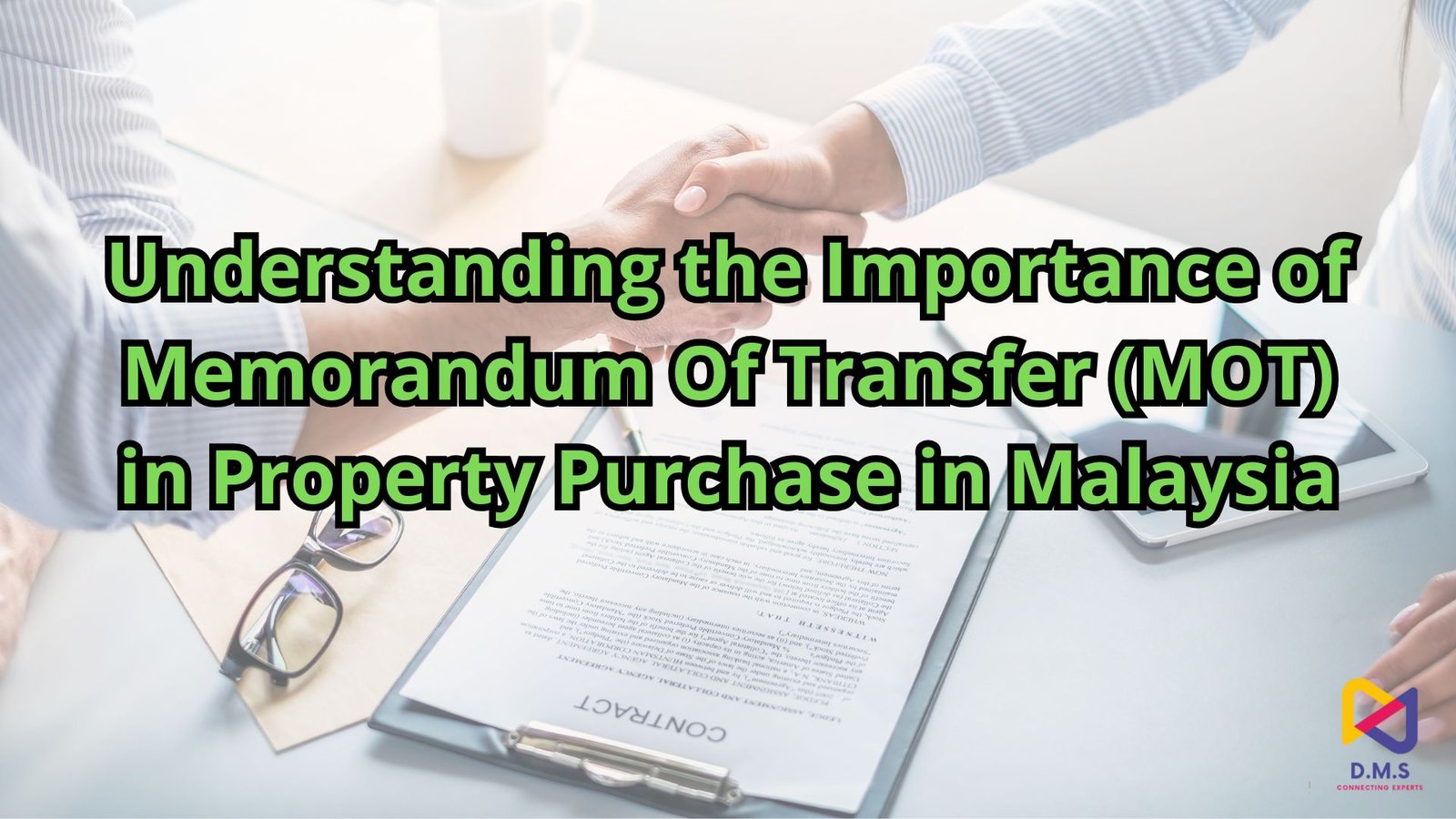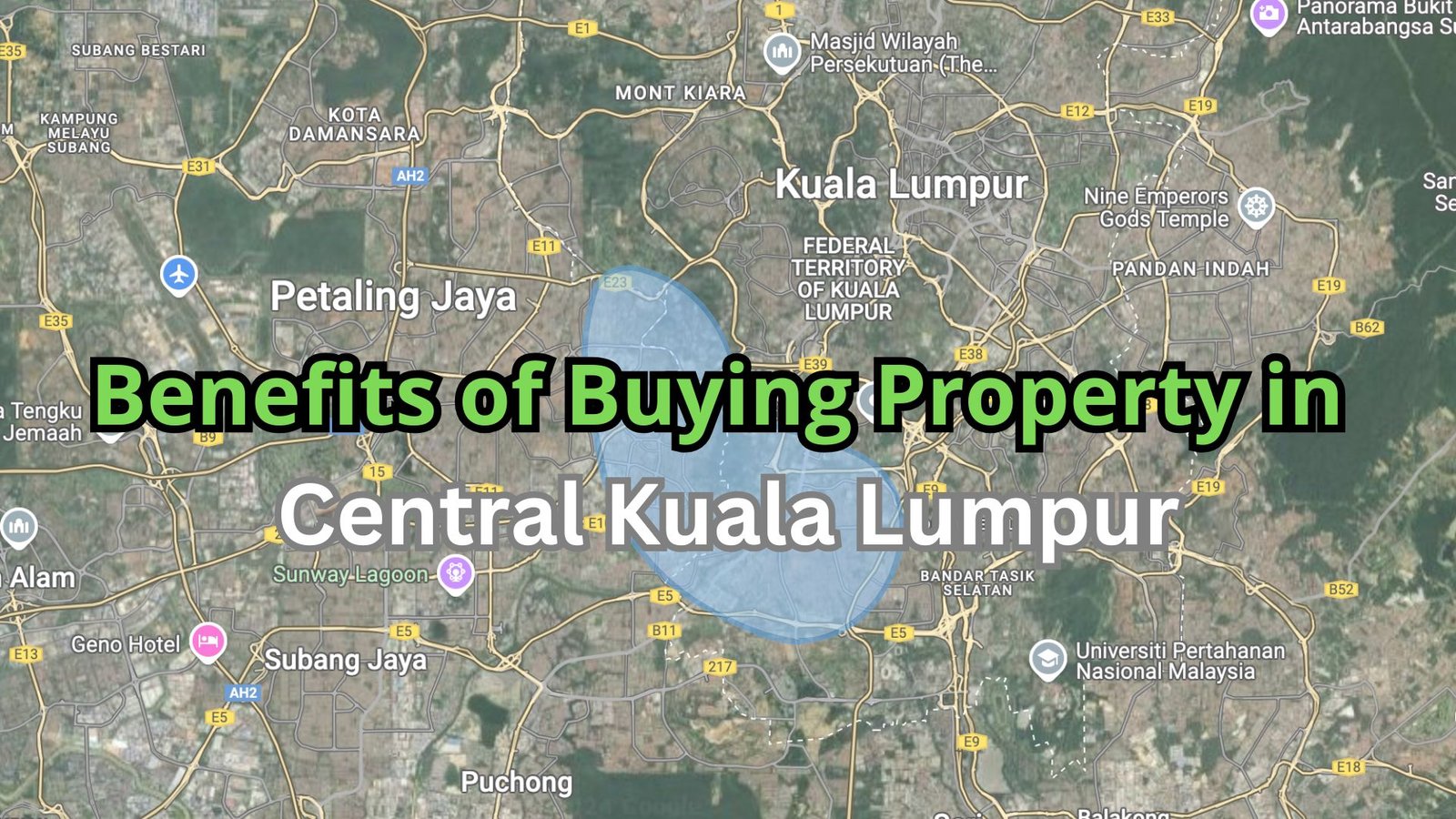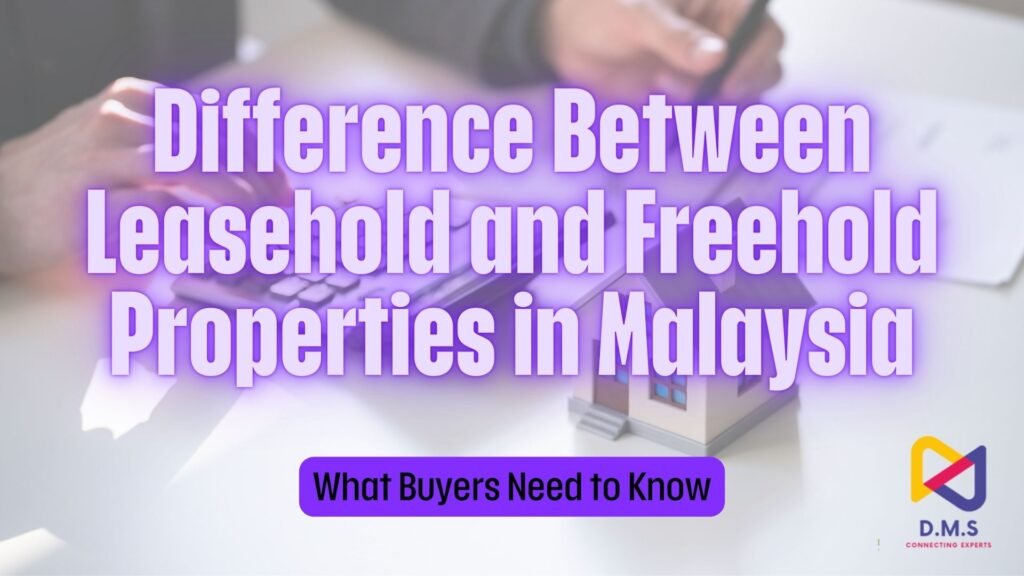
Introduction
When choosing a property in Malaysia, one important factor is the ownership type: leasehold or freehold. “Difference Between Leasehold and Freehold Properties in Malaysia” is a critical topic for buyers, helping them understand which option best aligns with their goals and financial plans. This guide breaks down key factors such as ownership duration, market value, and ease of transactions.
What is Freehold Property?
Freehold property ownership in Malaysia allows buyers to own the property and land indefinitely. Freehold properties are particularly popular due to their long-term ownership benefits, including higher market appeal and steady appreciation over time.
- Value Retention: Freehold properties often appreciate well, making them a strong investment option.
- Ease of Selling: Unlike leasehold properties, freehold properties generally don’t require state consent, allowing for quicker transactions.
What is Leasehold Property?
In Malaysia, leasehold property ownership means the property is leased to the buyer for a fixed period, usually 99 years. At the end of the lease term, the property reverts to the state, although extensions may be possible.
- Lower Initial Cost: Leasehold properties are often more affordable, especially in high-demand locations.
- Lease Expiration: As the lease nears expiration, the property’s value may depreciate. Some states allow for lease renewals, but this can come with additional fees.
Leasehold vs Freehold: Key Comparisons
| Aspect | Freehold | Leasehold |
|---|---|---|
| Ownership Duration | Permanent, no expiration | Fixed term, usually 99 years |
| Market Value Trend | Appreciates over time | May depreciate as lease term shortens |
| Transaction Process | Typically faster, no state consent needed | Requires state approval, slower transaction time |
| Buyer Appeal | High, especially in city centers | More budget-friendly but may lose appeal |
Benefits of Freehold Properties in Malaysia
- Stability in Ownership: Ideal for buyers seeking long-term property security without concerns over lease renewal.
- Higher Resale Value: Freehold properties are usually more appealing to future buyers, increasing their resale potential.
Benefits of Leasehold Properties in Malaysia
- Lower Entry Cost: Leasehold options allow buyers to enter the property market affordably, even in urban areas.
- Competitive Rental Yields: Due to the lower upfront cost, leasehold properties may offer better rental returns in the short term.
Choosing the Right Option for Your Needs
Selecting between leasehold and freehold properties depends on your investment goals and financial capacity. While freehold properties suit long-term investment and stability, leasehold properties are ideal for those prioritizing affordability and short-term returns.
Conclusion
Understanding the difference between leasehold and freehold properties in Malaysia is essential for making a wise investment choice. Each option has unique advantages tailored to different buyer needs.

